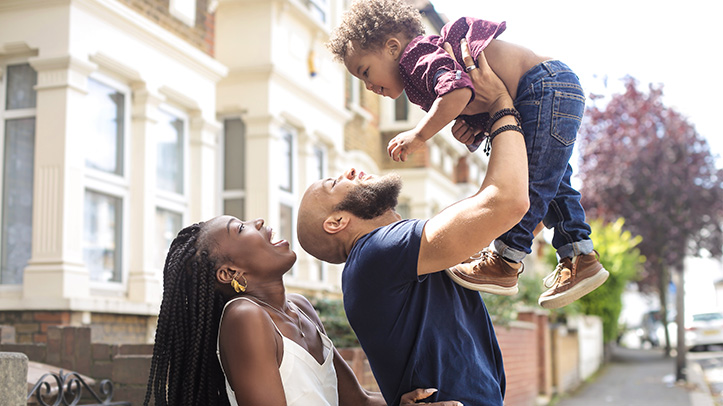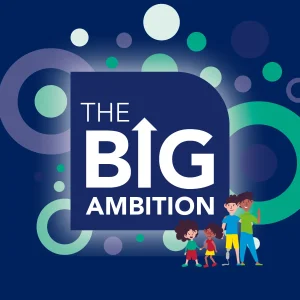
In my first few months as Children’s Commissioner, I have had the privilege of listening to thousands of children and young people sharing their views both online and in person through our survey ‘The Big Ask’ – the largest ever consultation of children in England. I have seen how positive and resilient many of them have been throughout the pandemic, but also learnt what we must do to give something back to children as we emerge from the Covid crisis.
Today, the Government has published its plans for adoption, which is just one example of the role of government can have in children’s lives – and one which it is crucial to get right.
It’s right that it includes plans to recognise that decisions that affect adopted children’s lives and the services that support them will be so much better if they fully involve adopted children. Afterall, adopted children are the best experts in living their lives.
Listening to their views is critical. As all children grow up, the strong love and attachment they have with their parents means most develop a positive sense of their identity, strong self-esteem and being comfortable with who they are. Adoption can create additional complexities for some children as they grow up though, potentially having dealt with difficult early experiences and as they start to build their own identity.
Adoption can provide children with a new start to get the security that comes from knowing that they are safe and cared for, that they will get the love and support they need to make the most of life’s opportunities. However, the early experiences of abuse and neglect that many adopted children have experienced can impact on their confidence and mental health throughout their childhood and into adulthood. Many will require extra support, often through a range of mainstream and specialist services.
I am pleased to see that this new strategy puts the voice of adopted children at its heart and commits to their views being demonstrably used in the shaping of support services they receive.
A child’s interest in adoption often changes as they get older, particularly as they reach adolescence. As children progress from one stage of growth to another, they need to have their voices heard on the kind of support they need. This will help them grow in confidence and self-esteem.
There is an important recognition too that as children enter adolescence some may start to raise questions about their birth family or try to find them via social media. Contact might happen via social media without the consent of the family or an adopted child, and where this happens support needs to be provided quickly. But it is critical that the child’s needs are central to any plan around contact and the plan is regularly reviewed and recognises that children’s views and their needs for contact may change over time.
Listening to children’s voices should be central to any service designed to support them, but sadly that often isn’t the case. We need to accept that listening and acting on children’s views is important to their healthy development. For vulnerable children like adopted children it is critical.
I stand ready to support the sector achieve the strategy’s vision. This strategy should be only the beginning of providing the right support for adopted children and their families in future. It must also be part of a wider reform agenda to support children in foster or kinship care arrangements following on from the social care review, so that all children who need to move on from their birth families have the ongoing support and loving relationships that they need to thrive.






